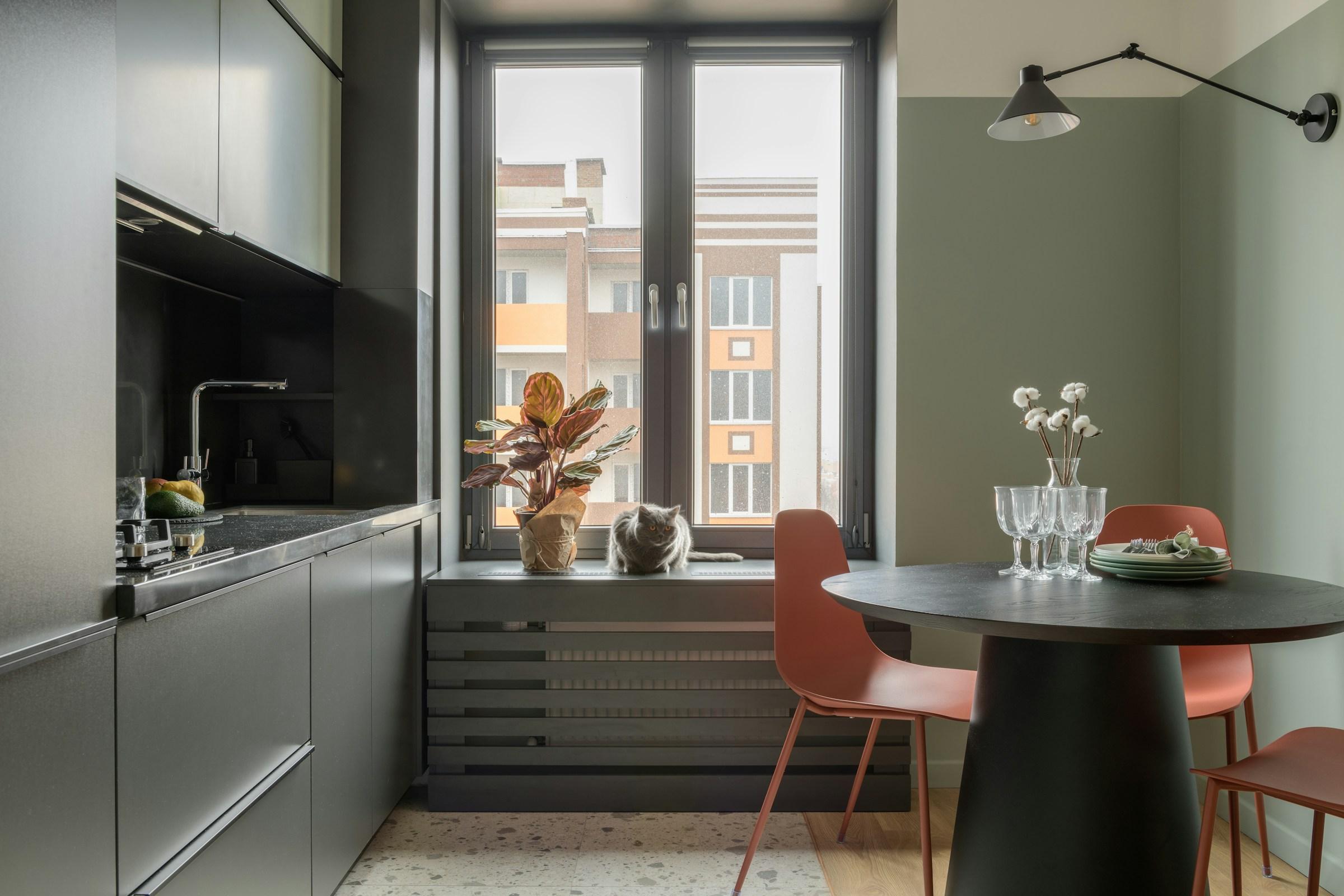For most households, a home loan is the largest debt they will ever take on. It can stretch over 20 or 30 years, and the total interest paid often runs into six figures. Because the monthly installment simply appears as a fixed transfer from your bank account, it is easy to see it as something you cannot really influence. In reality, the structure of a mortgage means that even modest extra payments can have a strong impact on how much interest you pay, how long you stay in debt, and how much flexibility you have later in life. To understand why extra payments matter, it helps to look briefly at how a typical home loan is structured. Most mortgages in Singapore and similar markets are amortising loans. This means that each monthly payment covers both interest and principal. At the start of the loan, a larger share of the instalment goes to interest, because your outstanding loan balance is still high. As the principal falls over time, the interest portion shrinks and more of your payment goes to paying down the actual amount you borrowed.
When you make an extra payment, you are not paying a future monthly instalment in advance. You are reducing the principal outstanding ahead of schedule. Once the principal falls, the interest charged in the following months is calculated on a smaller base. This simple idea is behind almost every benefit you get from prepaying a mortgage.
Extra payments can come in many forms. Some borrowers add a small fixed amount to their monthly instalment, for example topping up a one thousand eight hundred dollar payment with an extra one hundred or two hundred dollars each month. Others make occasional lump sum payments when they receive a bonus, a salary increment, or proceeds from selling an investment. In some markets, homeowners also use cash top ups to reduce what they draw from compulsory savings schemes, which keeps more money compounding for retirement. The mechanism is the same in all these cases. The extra amount flows straight to principal, and from the next month onwards your interest charges are calculated on a lower balance.
Over the life of a loan, this early reduction in principal can make a significant difference. Interest on a mortgage is calculated month after month on the remaining balance. When you reduce that balance faster than the original schedule, you shave off slivers of future interest every month. Those slivers add up over many years. For a long tenure mortgage, even a small recurring extra payment can save thousands of dollars in interest over the full term. With a larger lump sum, the savings can be even more visible.
One way to think about it is to remember that the bank has already priced your loan on the assumption that you will pay it off exactly according to the schedule in your letter of offer. When you prepay, you are shortening that schedule. The bank collects less interest overall, and you regain more of your future cash flow earlier. This is why some packages come with partial prepayment penalties, especially in the first few years. From the bank’s perspective, extra payments reduce their long term interest income. From your perspective as a borrower, they reduce your long term borrowing cost.
There are two main ways extra payments can change your mortgage path. In many cases, if you simply pay extra without asking the bank to adjust your monthly instalment, you will keep the same monthly payment but shorten the loan tenure. You will reach a zero balance earlier than planned, sometimes several years ahead of schedule. This can be attractive for borrowers who like the discipline of keeping their payment constant, while quietly bringing forward the day they become debt free.
Some banks, particularly outside fixed lock in periods, allow you to request a recalculation of your instalment after you make a sizeable extra payment. In that case, you can choose to keep the original tenure and reduce your monthly payment instead. Your loan will still end on the same date, but the monthly cash flow burden eases. For families facing rising expenses, such as childcare or support for aging parents, using a one off bonus to bring down the instalment can be a practical way to create room in the budget without extending the loan.
In Singapore, where homeowners often use both cash and CPF savings to service their mortgages, extra payments can also influence how much CPF is withdrawn over time. If you use cash to make an extra payment that reduces the principal, the subsequent interest charged is lower, so the monthly amount drawn from your CPF Ordinary Account may fall over time. This keeps more money inside CPF to earn the floor rate, or higher if you have transferred funds to accounts with bonus interest. The choice between cash and CPF prepayments is a separate planning question, but the underlying principle remains the same. Extra payments reduce the outstanding balance, which reduces interest and gives you more flexibility later.
Another way extra payments help is by building equity faster. Equity is simply the difference between the value of your property and the outstanding loan. When you pay down principal ahead of schedule, your share of the property grows more quickly. If property prices rise modestly over time, this equity becomes a useful buffer. It can support refinancing decisions, give you more options when you sell, or simply strengthen your personal balance sheet so that you have a healthier net worth even before the loan ends.
Extra payments can also serve as a quiet form of risk management, especially in an environment where interest rates can move. For homeowners on floating rate packages, a period of low interest rates can be an opportunity to pay extra while instalments are still manageable. If rates rise later, you will be paying interest on a smaller balance than you otherwise would have, which softens the impact. This is not a substitute for reviewing your package or considering refinancing, but it can make your overall position more resilient.
For borrowers on fixed rate loans, extra payments during the fixed period are sometimes restricted or capped. Many lenders allow partial prepayment up to a certain percentage of the outstanding balance each year without penalty. Others may charge a fee if you go beyond that amount or prepay during the lock in period. It is important to read the terms carefully before making large extra payments, and to check how the bank will apply them. In some cases, you may need to give advance notice or follow a specific instruction so that the amount is correctly used to reduce principal rather than being treated as an early regular instalment.
There are also tradeoffs to consider. Using spare cash to pay down a mortgage is effectively earning you a return equal to your loan interest rate, after tax. If your housing loan is at three percent per year, every dollar of principal you prepay saves you that three percent, compounded over the remaining tenure. This is a stable, low risk “return” because it comes from reduced borrowing costs rather than investment performance. However, if you have high interest unsecured debts, such as credit card balances or personal loans, it may be more urgent to clear those first, as their interest rates are usually much higher than a mortgage.
Liquidity is another factor. Once you prepay your home loan, it is not straightforward to draw that money back out unless you refinance or take a new facility, which involves costs and approval. Before committing to large extra payments, it is sensible to ensure you have an adequate emergency fund. For many households, a balanced approach works best. This might mean setting aside several months of expenses in a savings account, contributing regularly to long term investments, and still directing a modest, planned extra amount each month toward the mortgage.
In markets like Singapore, where housing policy and retirement policy intersect, extra mortgage payments sit alongside other long term decisions such as topping up CPF, buying Singapore Savings Bonds, or enhancing insurance coverage. The right mix depends on your age, income stability, family responsibilities, and appetite for investment risk. Extra payments are not a mandatory strategy, but they are an accessible tool that many people overlook. You do not need to commit to very large lump sums for them to make a difference. Consistency and planning are more important than size.
It is also helpful to view extra payments through a life stage lens. A young couple in their thirties with a long runway to retirement may prioritise investing for growth and paying the mortgage on schedule, while still adding a small recurring top up to reduce interest gradually. Someone in their fifties who is approaching retirement and would like to lower their fixed expenses might find it more valuable to channel bonuses and windfalls into the mortgage so that they enter retirement with a smaller or fully repaid loan. The same mechanism of extra payments works in both cases, but the intention behind it is different.
Ultimately, extra mortgage payments are about regaining some control over what can feel like an unchangeable commitment. The legal terms of the loan may be fixed, yet the way you move money through that structure is still in your hands. By choosing to pay a little more when you can, or to direct occasional surplus toward your home loan, you can reduce your total interest cost, shorten the time you stay in debt, and create more room in your future budget. In a system where housing, retirement, and everyday spending are tightly linked, that extra flexibility is often as valuable as the direct dollar savings themselves.



-1.jpg)










